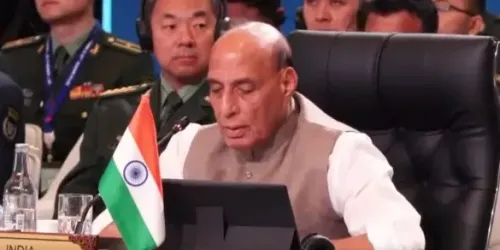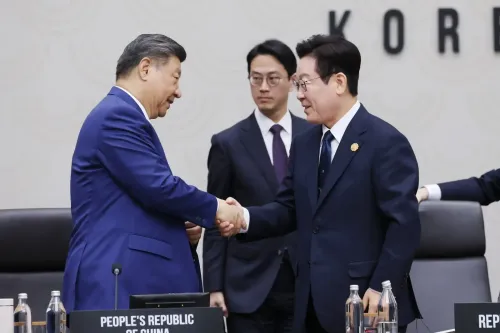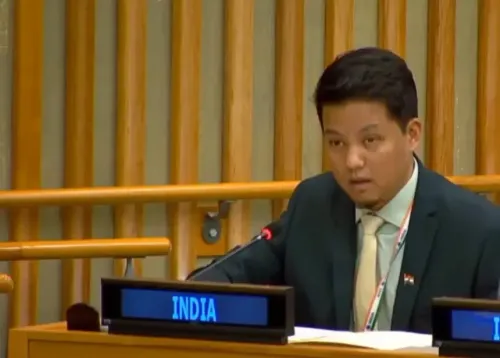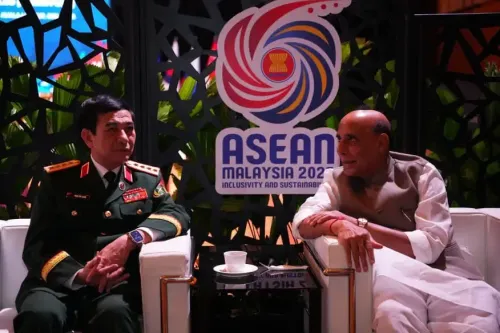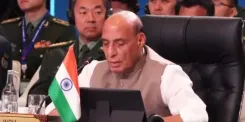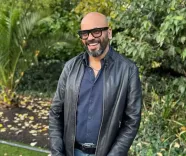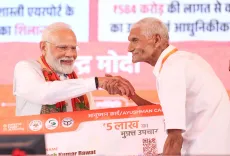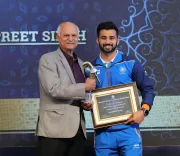Divided Opinions in South Korea on Constitutional Court Appointments Following Acting President's Impeachment
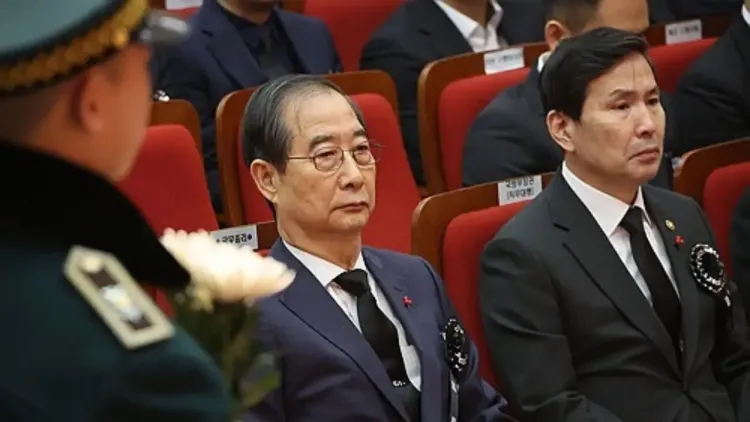
Seoul, Dec 27 (NationPress) The political landscape in South Korea has become polarized as rival parties debate whether Finance Minister Choi Sang-mok, who is poised to take on the responsibilities of acting leader following the impeachment of acting President Han Duck-soo, will officially appoint three nominees for the Constitutional Court to oversee President Yoon Suk Yeol's impeachment trial.
The critical issue of appointing three justices to fill vacancies on the nine-member court has been the primary reason behind the opposition-led National Assembly's decision to pass an impeachment motion against Han, who stepped into the acting presidency after Yoon's impeachment on December 14.
The main opposition party, the Democratic Party (DP), moved forward with Han's impeachment after he declined to appoint the justices. Han also did not promulgate two special counsel bills aimed at Yoon and first lady Kim Keon Hee.
On the other hand, the ruling People Power Party (PPP) contends that Han does not possess the presidential authority to make these appointments and has threatened to pursue legal action with the Constitutional Court to prevent him from doing so.
Experts suggest that Choi may exercise his authority as acting president with caution but could proceed with the appointments to avert the DP from introducing further impeachment motions, thereby stabilizing governmental operations and alleviating economic concerns.
"While rejecting the special counsel bills was reasonable, the rationale for denying the appointment of Constitutional Court justices is not convincing," stated a government official. "From a logical bureaucratic standpoint, wouldn't Deputy Prime Minister Choi Sang-mok arrive at a different conclusion than acting President Han Duck-soo?"
Earlier in the day, Choi mentioned to reporters that the "role of an acting president of an acting president" is "very limited."
The PPP has reiterated its opposition to the acting president's right to appoint justices, as reported by Yonhap news agency.
"The principle is grounded in established precedents, and the most conservative and stable interpretation applies to all acting presidents, not just to a specific individual," stated Rep. Park Soo-min, a PPP spokesperson.
In contrast, the DP insists that appointing the justices should be the acting president's foremost responsibility.
In a radio interview with local broadcaster KBS, DP Rep. Lee Yong-woo expressed optimism that Choi would "resolve this confusion with reason."
Given Choi's consistent emphasis on the necessity of reducing uncertainties to tackle the economic crisis, observers expect that he will at least move forward with appointing the justices.

